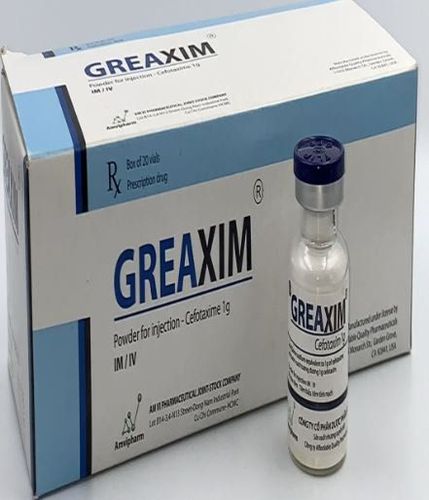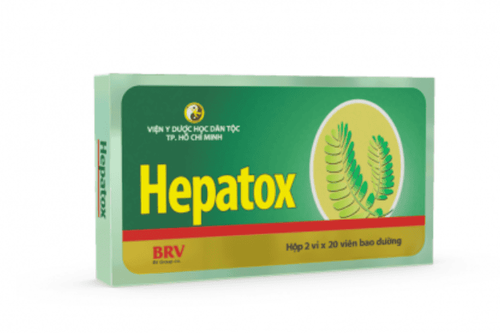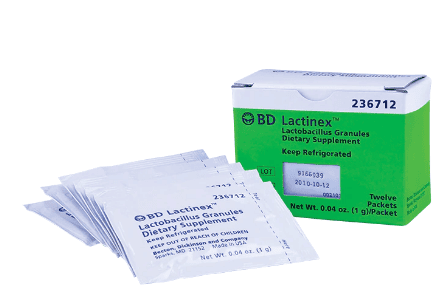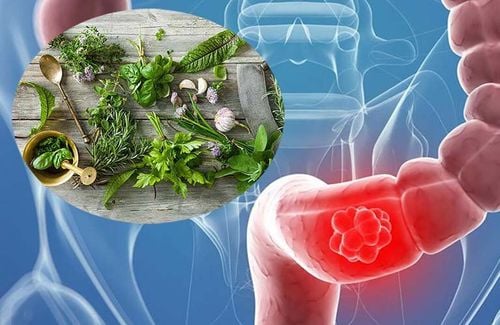This is an automatically translated article.
Posted by Master, Doctor Mai Vien Phuong - Department of Examination & Internal Medicine - Vinmec Central Park International General Hospital
Abbreviations:
Inflammatory bowel disease (IBD).
Ulcerative colitis (UC)
Crohn's disease (CD)
Fecal transplantation technique (FMT)
Inflammatory bowel disease (IBD), which has been listed by the World Health Organization as one of the most intractable, includes ulcerative colitis (UC) and Crohn's disease (CD) and shows a continuing prevalence increase. Although genetic, epigenetic, immunological, microbial, and environmental factors have been implicated in the etiology of IBD, no single factor has been identified as a clear and direct cause of IBD.
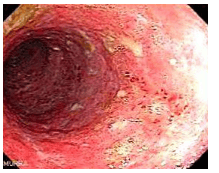
1.Theory that the gut microbiota contributes to the occurrence and development of inflammatory bowel disease
A generally accepted view is that the gut microbiota is influenced by environmental factors (eg, diet, medications, smoking and pollutants) that further influence response host immunity, which contributes to the emergence and development of IBD. It is thus clear that the gut microbiota exhibits an association between environmental factors and immune responses. Recent studies have found that gut microbiota deficiency in childhood affects the maturation and tolerance of the gut immune system, thereby increasing the risk of IBD in adulthood.
In addition, defects in some pattern recognition receptor genes, such as number-like receptor genes and nodular receptor genes, lead to innate immune disorders, which can eventually lead to reduced host tolerance to gut microbiota. Therefore, a healthy gut microbiome is important for gut health.
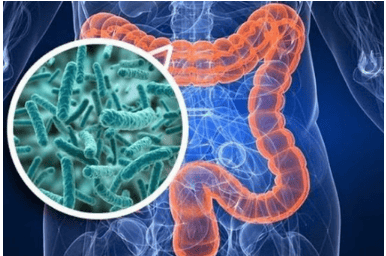
2. Potential therapeutic mechanisms in the treatment of inflammatory bowel disease
The previously mentioned emerging therapeutic strategies targeting the gut microbiota, which share a direct trigger mechanism, have shown varying efficacy in terms of dysbiosis regulation (including including inhibition of pathogenic microorganisms and promotion of the entire gut microbial community). Furthermore, dysbiosis of the gut microbiota is often associated with a decrease in beneficial metabolites, impaired intestinal barrier function, and immune homeostasis. Thus, the potential therapeutic mechanisms targeted by the gut microbiota may involve the regulation of microbial metabolism, strengthening of the epithelial barrier, and maintenance of immune homeostasis. intestinal fluid.
a.Regulation of microbial metabolism The hallmark of biological disorders is a decrease in the number of binders and an increase in pathogenic bacteria. Gut microorganisms play an important biological role in the host by producing bioactive metabolites such as SCFAs, trimethylamine, trimethylamine N-oxide, and tryptophan metabolites. Among them, SCFAs represent a significant proportion of microbial metabolites, whose peak concentrations can reach 130 mM in the proximal colon.
b.Protection and strengthening of the epithelial barrier The integrity of the intestinal epithelial barrier is a prerequisite for intestinal mucosal immune homeostasis; The mucosa is an indispensable defense against chemical challenges and pathogens from the colonic lumen. Studies also describe the therapeutic potential of epithelial barrier protection and enhancement in the treatment of IBD.
Certain strains of probiotics have the ability to protect or strengthen the epithelial barrier, as shown in several in vitro studies, animal models of IBD, and clinical trials. An earlier in vitro study found that probiotic strains, including those of Streptococcus and Lactobacillus, protected against intestinal epithelial barrier damage caused by invading Escherichia coli.
Subsequent studies have shown that probiotics compete with pathogenic bacteria for adhesion to mucosal sites, mirroring the anti-adhesion function of probiotics and thus supporting their epithelial barrier defenses. probiotics.
In addition to the direct anti-adhesion functions of probiotics, other mechanisms involved in the inhibition of toxin secretion by pathogenic microorganisms may also protect the intestinal barrier.
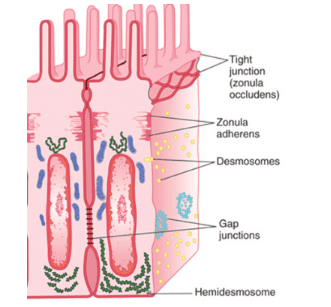
3. Clinical application in the treatment of inflammatory bowel disease
Compared with IBD, probiotics and prebiotics have been widely applied to the treatment of clinical gastrointestinal disease. Mild to moderate IBD or IBD with C. difficile infection are the main types of IBD that fit within the scope of pro/prebiotics treatment.
British Gastroenterological Society consensus guidelines published in 2019 indicate that pre/probiotics, symbiotics, FMT and herbal treatments are all complementary and alternative therapies for IBD in adult. Although there is not enough evidence to conclude that probiotic therapy relieves IBD, it may improve symptoms, at least to some extent, in mild to moderate UC. Furthermore, the use of probiotics and prebiotics in the treatment of IBD often in combination with conventional medications provides limited evidence.
Conclusion
IBD is a complex disease involving immunological, microbial and environmental factors. Current treatments have limitations and offer low efficacy with the rapidly increasing incidence of IBD. However, the emergence of bacteria-based therapies offers an avenue to pursue more effective and personalized treatment plans for IBD patients.
Future studies on probiotics should try to focus on the gut bacteria to elucidate the underlying mechanisms of the relationship between probiotics and bacteria, in order to identify probiotics. based on new virus. Furthermore, the use of probiotics to find efficient small molecule chemicals (metabolites) or structural proteins may represent additional promising research directions.
Currently, Vinmec International General Hospital is a prestigious address trusted by many patients in performing diagnostic techniques for digestive diseases, inflammatory bowel disease, short bowel syndrome, diseases that cause chronic diarrhea , Crohn's disease, ectopic gastric mucosa in the esophagus...
Vinmec Hospital with modern facilities and equipment and a team of experienced experts, always dedicated to medical examination and treatment, Customers can rest assured with gastroscopy and esophagoscopy service at Vinmec International General Hospital.
Please dial HOTLINE for more information or register for an appointment HERE. Download MyVinmec app to make appointments faster and to manage your bookings easily.






